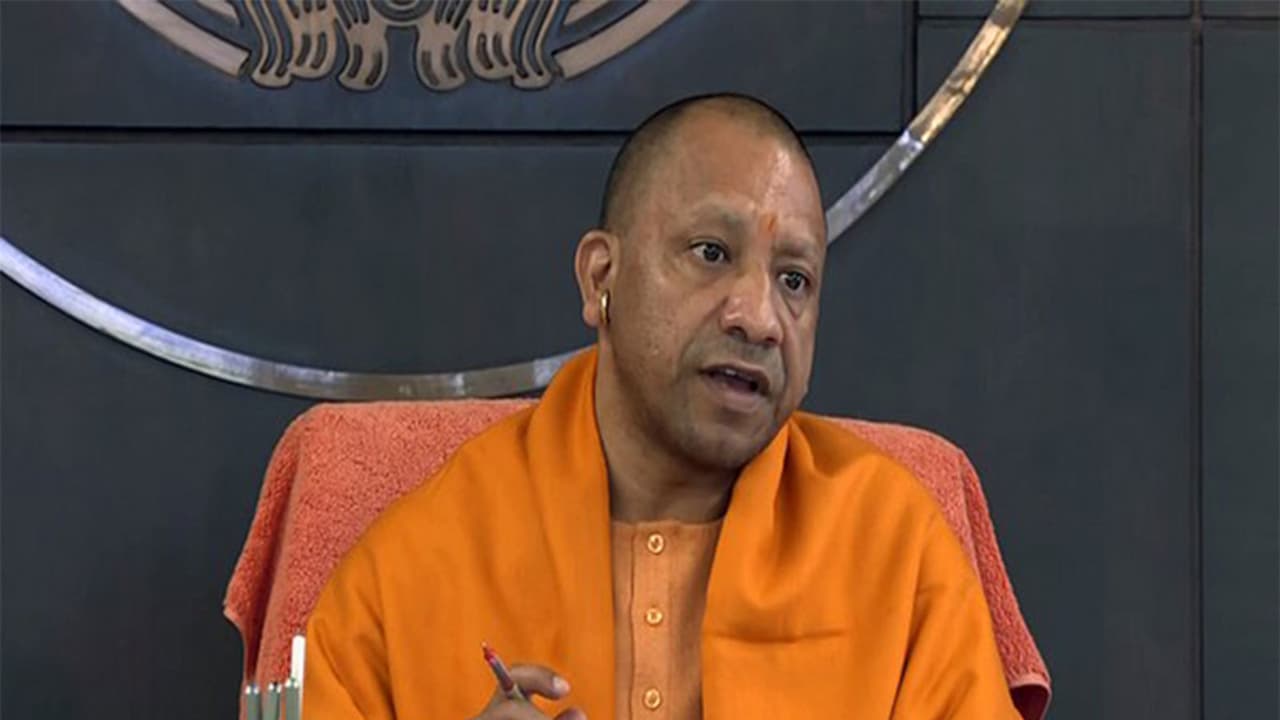UP CM Yogi Adityanath has pushed for a ‘plug-and-play’ model to provide MSMEs with ready-to-use industrial sheds on a rental basis. The policy aims to counter high land costs and allow industries to start production without delay.
Uttar Pradesh Chief Minister Yogi Adityanath emphasised the need to adopt a plug-and-play model to expand the state’s industrial land bank and provide swift access to micro, small, and medium enterprises (MSMEs), the Chief Minister’s office said in a press release.
During an important review meeting held on Saturday, he said the lease rental framework should operate on a revenue-sharing basis to ensure adequate and sustainable land availability for industrial projects. He added that this model has significant potential for Uttar Pradesh and should be supported by a comprehensive policy focused primarily on the MSME sector. The objective is to enable small and medium units to begin production immediately, without unnecessary hurdles.
Addressing High Industrial Land Costs
The meeting highlighted that industrial land rates in Uttar Pradesh remain relatively high, especially in districts near the NCR. The Chief Minister noted that high land costs continue to obstruct industrial expansion, technological upgrades, and the establishment of new units. Therefore, providing MSMEs with affordable plots and ready-to-use industrial sheds is essential.
The proposed model aims to allow industries to concentrate on production, machinery installation, and job creation, rather than spending time and capital on land acquisition and construction.
Proposed ‘Plug-and-Play’ Framework
Under the plug-and-play model, Industrial Development Authorities will retain ownership of the land while developing ready-made industrial sheds or undertaking construction through public-private partnerships. These prefabricated, usable facilities will be offered to industries on a rental basis.
PPP and Revenue-Sharing Details
The Chief Minister further stated that the model may be executed through a PPP (DBFOT) structure, where the private partner will handle design, construction, financing, and operations, while the authority retains land ownership and regulatory oversight. A revenue-sharing lease system will ensure sustainable income for the authority and allow entrepreneurs to scale their operations gradually without purchasing land. This approach will reduce financial risks for MSMEs and offer them greater operational flexibility.
Policy Directives and Goals
He directed that the proposed policy ensure long-term stability and transparency while keeping land under government control. The revenue-sharing mechanism should be simple, transparent, and supportive of industrial growth, ensuring the optimal use of the state’s land resources. (ANI)
(Except for the headline, this story has not been edited by Asianet Newsable English staff and is published from a syndicated feed.)
